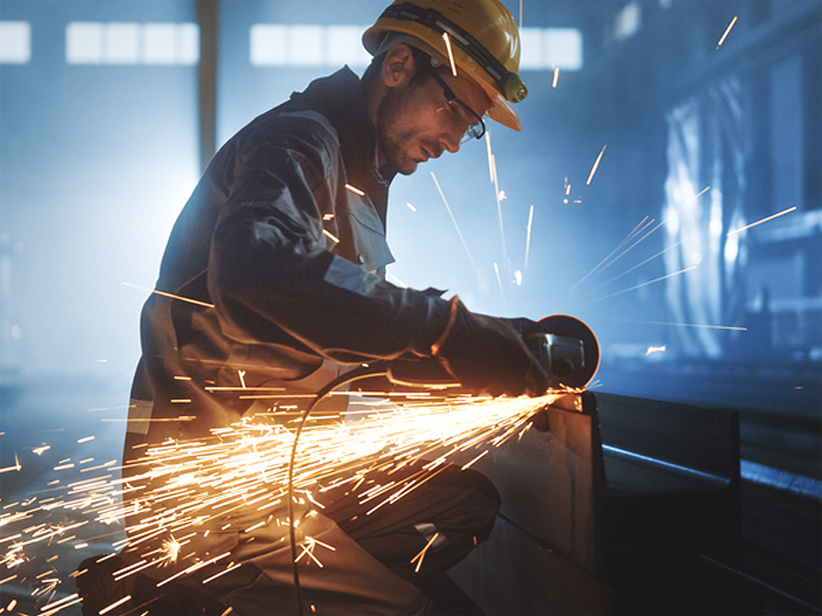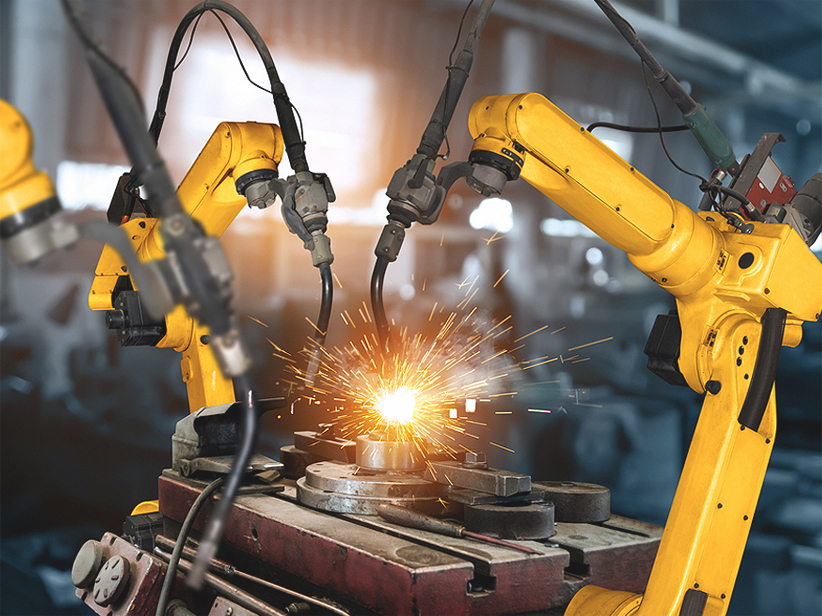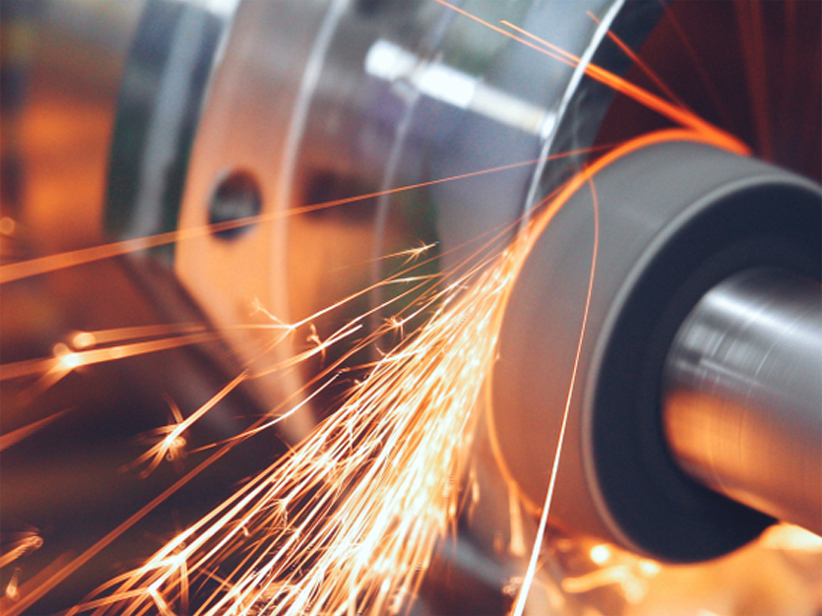Stainless Steel - Grade 410L / 1.4003
Description
Stainless Steel Grade 410L/1.4003 is a low carbon martensitic stainless steel that offers a combination of corrosion resistance, weldability, and machinability. The low carbon content in 410L enhances its weldability and reduces the risk of hardening due to welding, making it a suitable choice for applications requiring moderate corrosion resistance and good mechanical properties.
Chemical Composition
- Chromium (Cr): 11.5 - 13.5%
- Nickel (Ni): ≤ 0.75%
- Manganese (Mn): ≤ 1.0%
- Silicon (Si): ≤ 1.0%
- Carbon (C): ≤ 0.03%
- Phosphorus (P): ≤ 0.040%
- Sulfur (S): ≤ 0.030%
- Iron (fe): Balance
Mechanical Properties (Annealed)
- Tensile Strength: 415 - 585 MPa
- Yield Strength: 205 MPa min
- Elongation: 20% min
- Hardness: 86 HRB max
Thermal & Physical Properties
- Density:7.75 g/cm³
- Melting Point: 1480 - 1530°C
- Specific Heat: 460 J/kg•K at 20°C
- Thermal Conductivity: 24.9 W/m•K at 100°C
- Electrical Resistivity: 600 µΩ•cm at 20°C
- Modulus of Elasticity: 200 GPa
Other Designations
- UNS: S41003
- EN: 1.4003
- JIS: SUS410L
- ASTM: A240, A276
Fabrication and Heat Treatment
- Welding: Excellent weldability due to low carbon content. Preheating and post-weld heat treatment are usually not required.
- Machining: Machinable with standard techniques. Lower carbon content provides better machinability than higher carbon martensitic grades.
- Forming: Can be formed using standard methods.
- Heat Treatment:: Can be hardened by heat treatment. Typical treatment involves heating to 700-800°C, followed by air cooling.
Applications
- Automotive: Exhaust systems, manifolds, and other components.
- Construction: Structural components, particularly in environments where moderate corrosion resistance is required.
- Petrochemical: Storage tanks and processing equipment.
- Industrial: Pumps, valves, and other components requiring moderate corrosion resistance and good mechanical properties.
Supplied Forms
- Bars
- Wires
- Coil
- Pipes
- Strips
Features
- Corrosion Resistance: Moderate resistance to corrosion in mildly corrosive environments.
- Weldability: Enhanced weldability due to low carbon content, reducing the risk of hardening.
- Machinability: Easier to machine than higher carbon martensitic grades.
- Mechanical Strength: Good mechanical properties, suitable for structural and industrial applications.
- Versatility: Can be used in a variety of applications, offering a good balance of corrosion resistance, mechanical properties, and fabricability.






